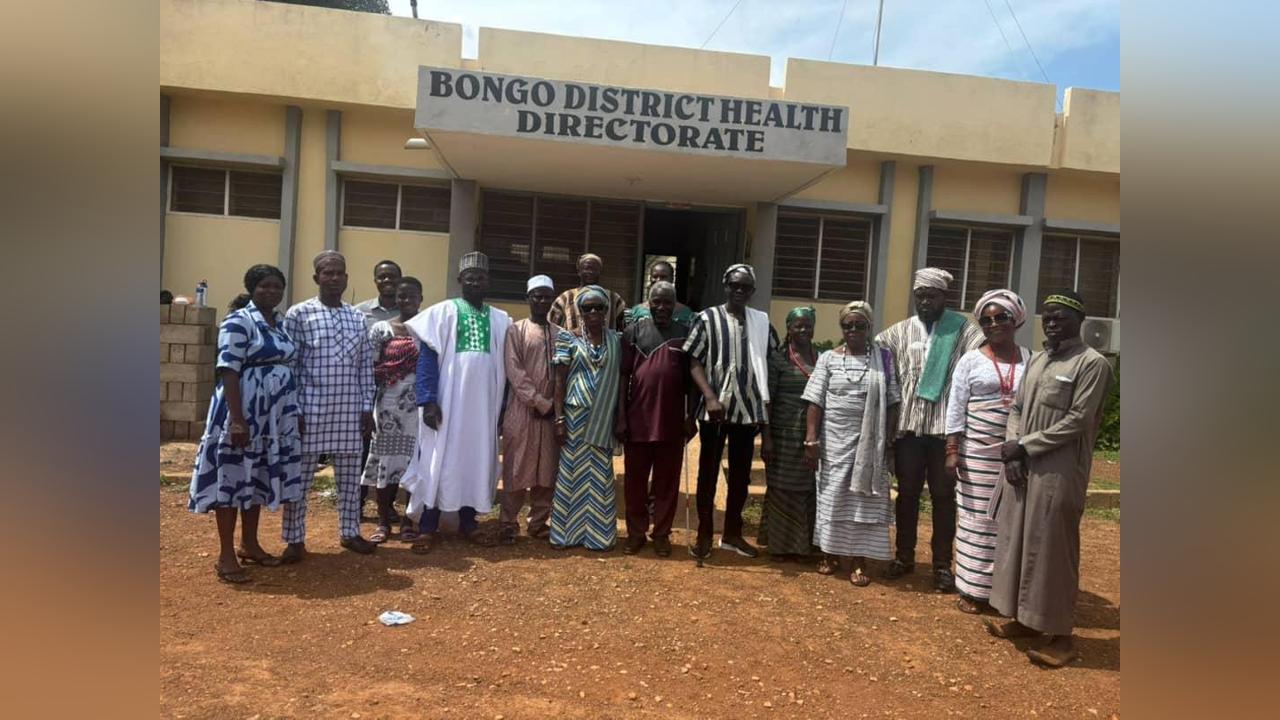Africa-Press – Ghana. WaterAid Ghana, a Water, Sanitation and Hygiene (WASH)-focused organisation, has urged traditional and religious leaders to use their platforms to intensify conversations around adolescent sexual and reproductive health issues.
The organisation said increased dialogue at the community level and on various platforms would help address risky behaviours among adolescents and contribute to reducing the rising cases of teenage pregnancy, child marriage, and sexually transmitted infections (STIs).
According to WaterAid Ghana, traditional and religious leaders were highly respected in their communities and wield influence that could be used to encourage responsible behaviour and promote healthy lifestyles among young people.
It noted that open discussions about sexual and reproductive health could help break harmful norms, equip adolescents with accurate information, and ensure they made informed decisions about their lives and futures.
Ms Molly Dasoberi Maalinuo, Project Assistant at WaterAid Ghana, made the call during a stakeholder engagement in the Bongo District, where participants discussed the challenges confronting adolescent sexual and reproductive health and possible interventions to address them.
The engagement formed part of the implementation of the five-year Sexual Health and Reproductive Education (SHARE) project, which seeks to address issues affecting the growth and development of adolescents, especially young women and girls.
The project, which is being rolled out in the Kassena-Nankana and Builsa Municipalities, as well as the Kassena-Nankana West and Bongo Districts, aims to advance gender equality by providing access to age-appropriate sexual and reproductive education and gender-responsive care for young people, especially young women and girls.
It is being implemented in Ghana by a consortium led by Right To Play and supported by WaterAid Ghana, FAWE-Ghana, and FHI 360, with funding from Global Affairs Canada.
Ms Maalinuo indicated that the engagement, which took place in all four beneficiary districts, further aimed to strengthen stakeholder collaboration to ensure they worked together to sustain the gains made under the SHARE project.
“We want the chiefs and pastors to create an environment where adolescents can easily approach them to talk about their sexual and reproductive health, so they can make informed decisions to prevent teenage pregnancy and child marriage,” she said.
Mr Eli Katsakpor, Programmes Officer at FAWE-Ghana, who facilitated the sessions, called for increased education on the use of contraceptives, especially condoms, to prevent teenage pregnancies and sexually transmitted infections.
Pognaba Felicia Agampoka, Queen mother of the Feo community, lamented the increasing rate of teenage pregnancy in the area and called for the inclusion of queen mothers in decision-making to ensure they continue to play their role in educating the youth on sexual health.
She also called for the enforcement of laws to punish perpetrators of teenage pregnancy, child marriage, and defilement to serve as a deterrent to others.
For More News And Analysis About Ghana Follow Africa-Press







